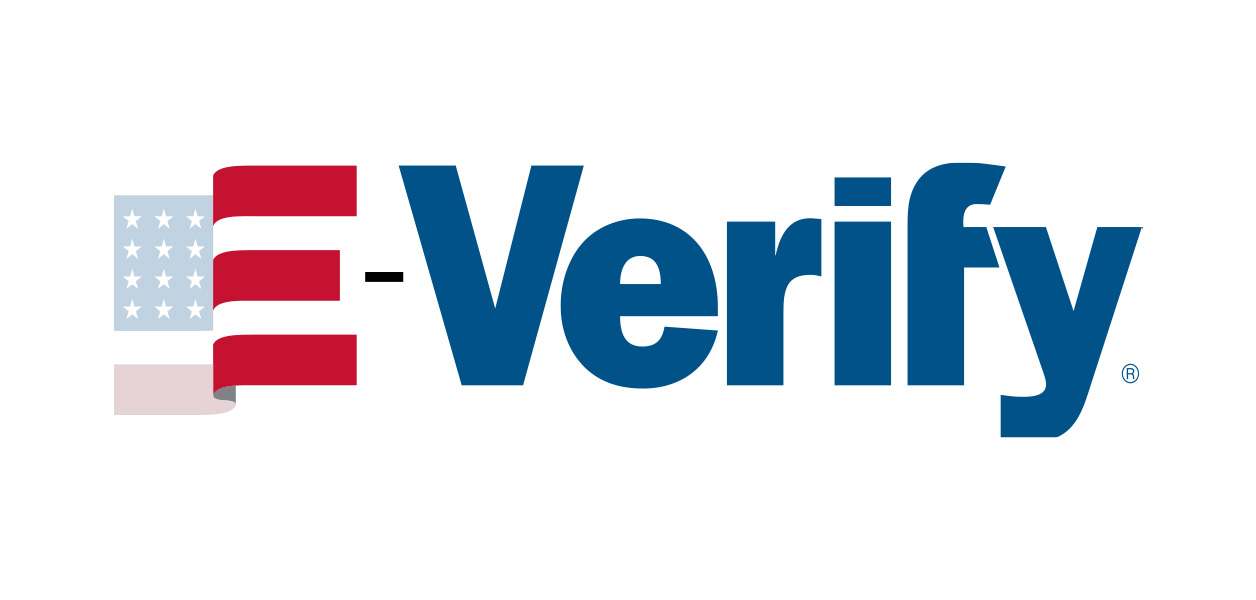Roofing Day in D.C. leads to Rep. Jerry Carl touring Thomas Roofing’s job site
Because of a great discussion during Roofing Day in D.C. in April, Rep. Jerry Carl (R-Ala.) visited NRCA member Thomas Roofing’s job site for one of its roofing projects—Baldwin Prep, a one-of-a-kind trade/skills academy in Alabama. At this unique school, students spend part of the day taking traditional courses such as math and history and part of the day in trades/skills training. Attending Roofing Day in D.C., the largest roofing industry advocacy event of the year, allows industry professionals to develop long-lasting relationships with members of Congress. We are truly making a difference!
Rep. Smucker introduces the bipartisan Main Street Tax Certainty Act
Last week, Rep. Llyod Smucker (R-Pa.) introduced the bipartisan Main Street Tax Certainty Act (H.R. 4721), which would make permanent the 199A qualified business income deduction for pass-through businesses. Currently, many owners of sole proprietorships, partnerships, trusts and S corporations can deduct up to 20% of their qualified business income from their tax liability. This deduction was enacted as part of the Tax Cuts and Jobs Act of 2017 and is set to expire at the end of 2025. H.R. 4721 enjoys broad support within the House with more than 90 original co-sponsors, including Reps. Henry Cuellar (D-Texas) and Josh Gottheimer (D-N.J.) and all 25 Republican members of the Ways and Means Committee. This bill was reintroduced in the Senate earlier this year and is a key Roofing Day in D.C. 2023 priority.
OSHA issues final rule regarding injury and illness data reporting
On July 21, the Occupational Safety and Health Administration published a final rule that will expand requirements for certain employers in designated high-hazard industries—including construction—to electronically submit injury and illness information to the agency. Employers already are required to keep such information but will now have to transmit it to the agency electronically.
Specifically, the final rule will require the following:
- Employers with 100 or more employees in high-hazard industries will be required to electronically submit information from their Form 300-Log of Work-Related Injuries and Illnesses and Form 301-Injury and Illness Incident Report to OSHA once per year. These submissions are in addition to Form 300A-Summary of Work-Related Injuries and Illnesses, which already is required to be submitted to the agency.
- To improve data quality, employers will be required to include their legal company name when making electronic submissions to OSHA from their injury and illness records.
OSHA will post some of the data received from these submissions on its website for public access. The agency believes providing public access to the data will help reduce occupational injuries and illnesses. The new requirements will take effect Jan. 1, 2024. View the final regulation as published in the Federal Register.





